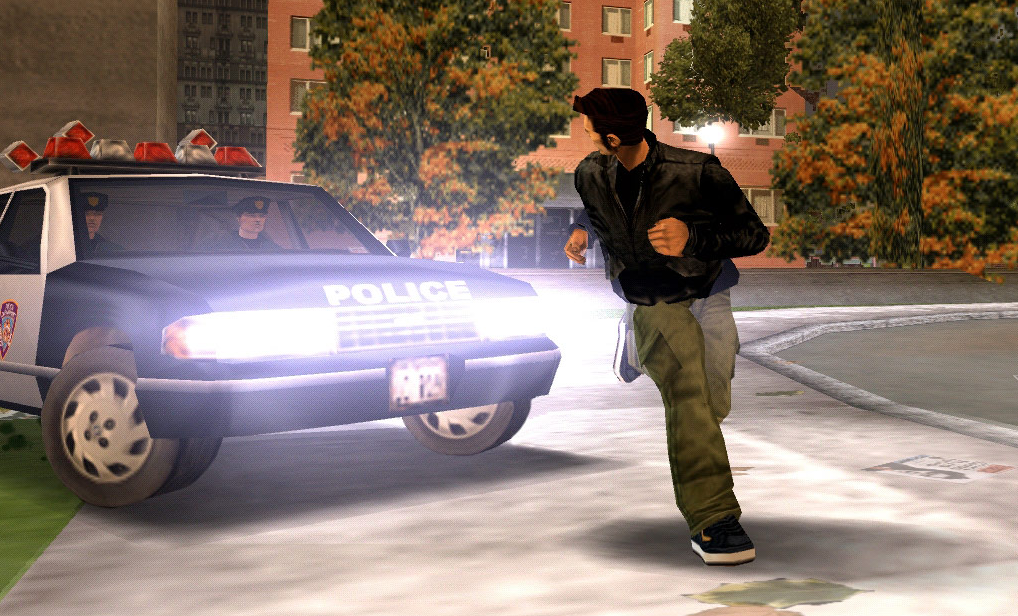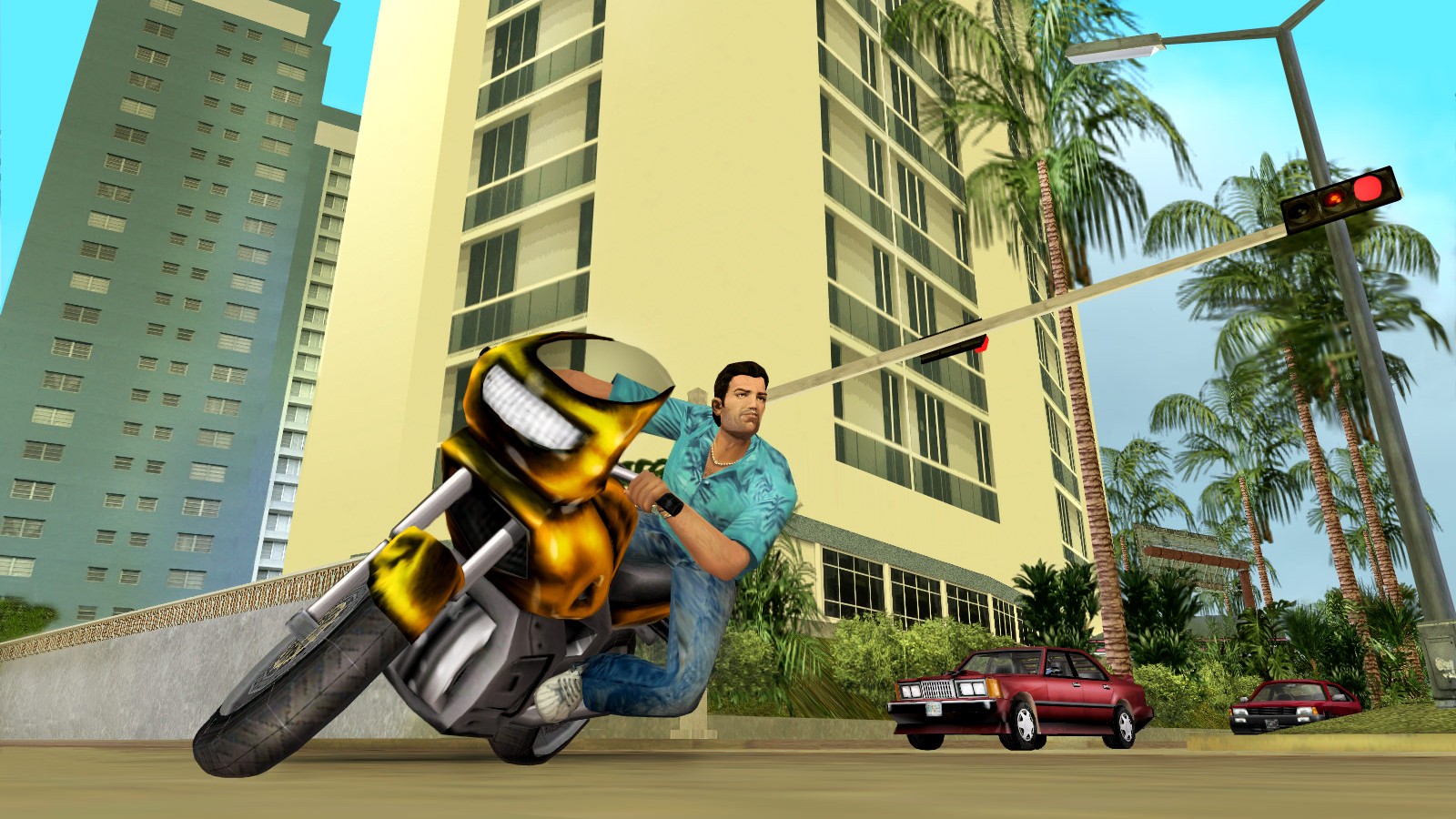Grand Theft Auto modders that tried to get around a DMCA claim get walloped with Take-Two lawsuit
The mod team tried to play with the lawyers, and now face the consequences.

The existence of the GTA Trilogy remaster was more-or-less confirmed by the Korean ratings board last week, but the rumours have been gathering pace for a while: not least because Rockstar parent company Take-Two has been getting very heavy-handed with modders of the original games on PC. Dozens of mods have been disappearing thanks to DMCA notices this year, while a month ago GTA Underground shut down after six years of work.
Certain modders, somewhat in the spirit of Grand Theft Auto, have tried to keep going: the 'reverse-engineering' projects re3 and reVC—spruced-up versions of GTA3 and GTA: Vice City respectively—were hit with the DMCA notice in February. The mods were removed from Github per the notice: however, the modding team counter-claimed with an argument about fair use. Re3 and reVC project lead 'aap' told Eurogamer: "We went the normal route: one of our team members filed a counterclaim with GitHub and after a waiting period of about 14 days the repo got reinstated."
That is, Take-Two's lawyers did not respond to the counter-claim, so Github restored the project.
It's perhaps worth picking the bones out of this. The modders thought they could be cute by using the mechanisms of DMCAs to reinstate their project, perhaps not realising that Take-Two were prepared to bring out the big guns. Take-Two clearly could have responded to the modders' counterclaim if it had so wished: instead it allowed the mods to reappear on Github. So yes, the modders could have perhaps been wiser. But it really feels like Take-Two saw this as an opportunity to set an example.
Take-Two's lawyers have now circled back to re3 and reVC, and sent a notice to Github that it has launched an infringement lawsuit in the state of California. This lawsuit identifies several individuals involved in the mods' creation and reads in part:
"Defendants are well aware that they do not possess the right to copy, adapt, or distribute derivative GTA source code, or the audiovisual elements of the Games, and that doing so constitutes copyright infringement. Defendant [aap] even stated publicly that he was "very much worried" about TakeTwo’s discovery of the re3 and reVC projects. And, when Take-Two attempted to remove Defendants’ infringing source code from the Internet, at least three Defendants (acting in at least one instance with other Defendants’ participation and direction) knowingly filed bad faith counter notifications that materially misrepresented the legality of their content, apparently claiming that because they allegedly 'reverse engineered' the Games’ source code, they somehow cannot be liable for copyright infringement."
The lawsuit even goes on to cite aap's comment to Eurogamer about the goal being to create an "open source GTA."
Keep up to date with the most important stories and the best deals, as picked by the PC Gamer team.

Github has, unsurprisingly, removed the mods and all their forks. If you go to their former page on Github you'll find the site's standard notice of a DMCA takedown, alongside a link to the various correspondence around the mods.
Take-Two's lawsuit is serious business: it is coming after the individuals concerned for damages, assembles a bunch of material and quotes supporting its case and, most worryingly, seeks to make a great deal out of the fact that the mod creators tried to get around the initial requests for removal. This is not good: no-one wants to see modders getting sued, or the distasteful David-and-Goliath spectacle of individuals up against a corporate legal team.
Unfortunately, however, Take-Two is clearly not messing around when it comes to Grand Theft Auto. By any metric it is one of the biggest and most important entertainment brands in the world, and an almost inconceivably profitable part of Take-Two's business. Whatever is happening with those remasters the publisher is staking out its position around mods, and it's not playing.

Rich is a games journalist with 15 years' experience, beginning his career on Edge magazine before working for a wide range of outlets, including Ars Technica, Eurogamer, GamesRadar+, Gamespot, the Guardian, IGN, the New Statesman, Polygon, and Vice. He was the editor of Kotaku UK, the UK arm of Kotaku, for three years before joining PC Gamer. He is the author of a Brief History of Video Games, a full history of the medium, which the Midwest Book Review described as "[a] must-read for serious minded game historians and curious video game connoisseurs alike."

